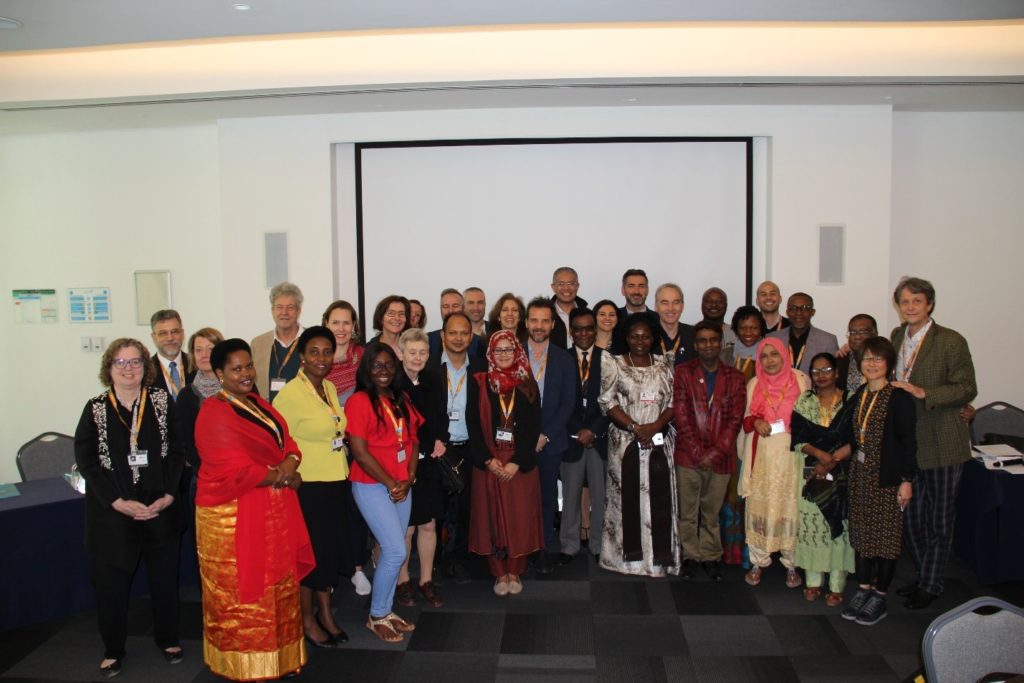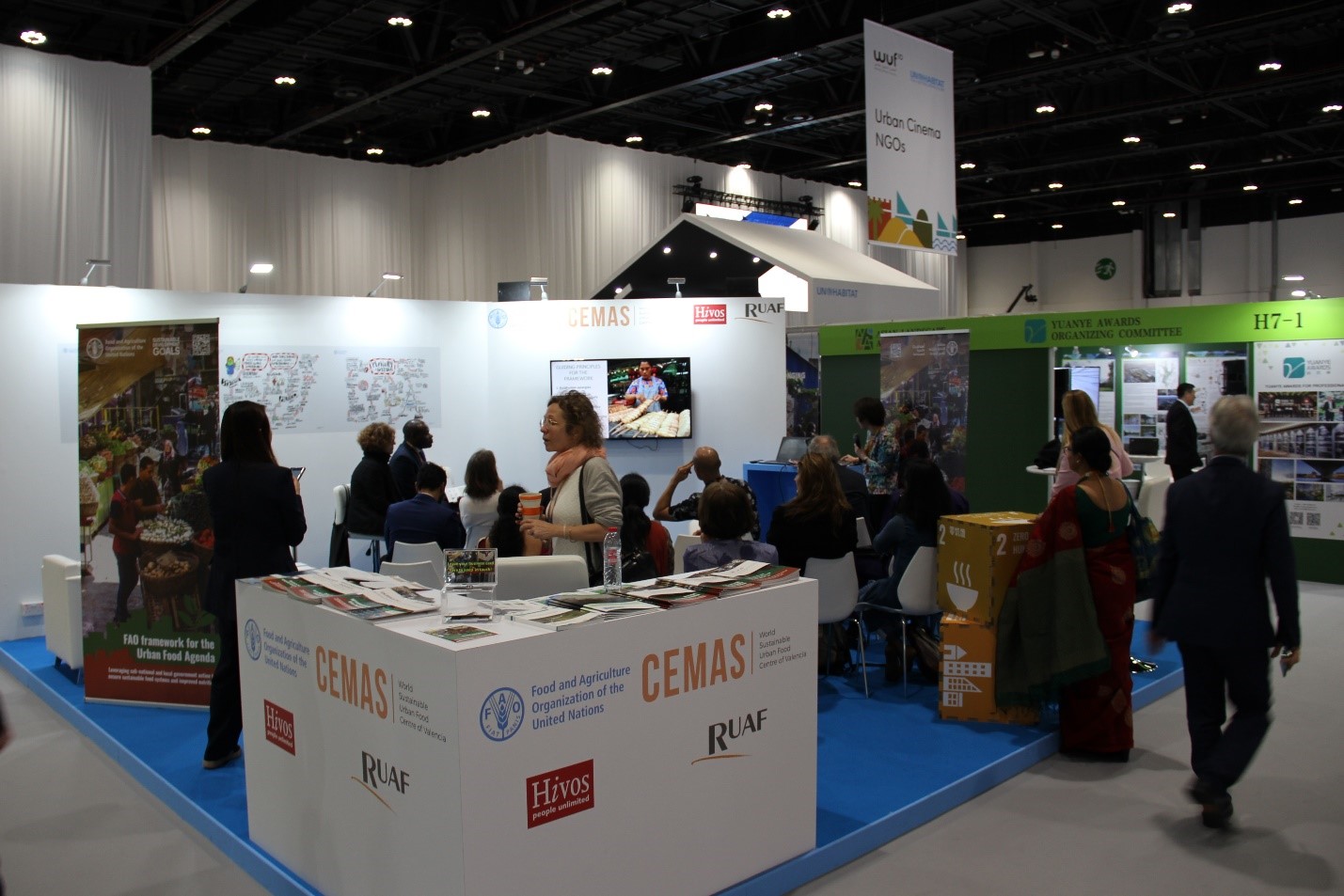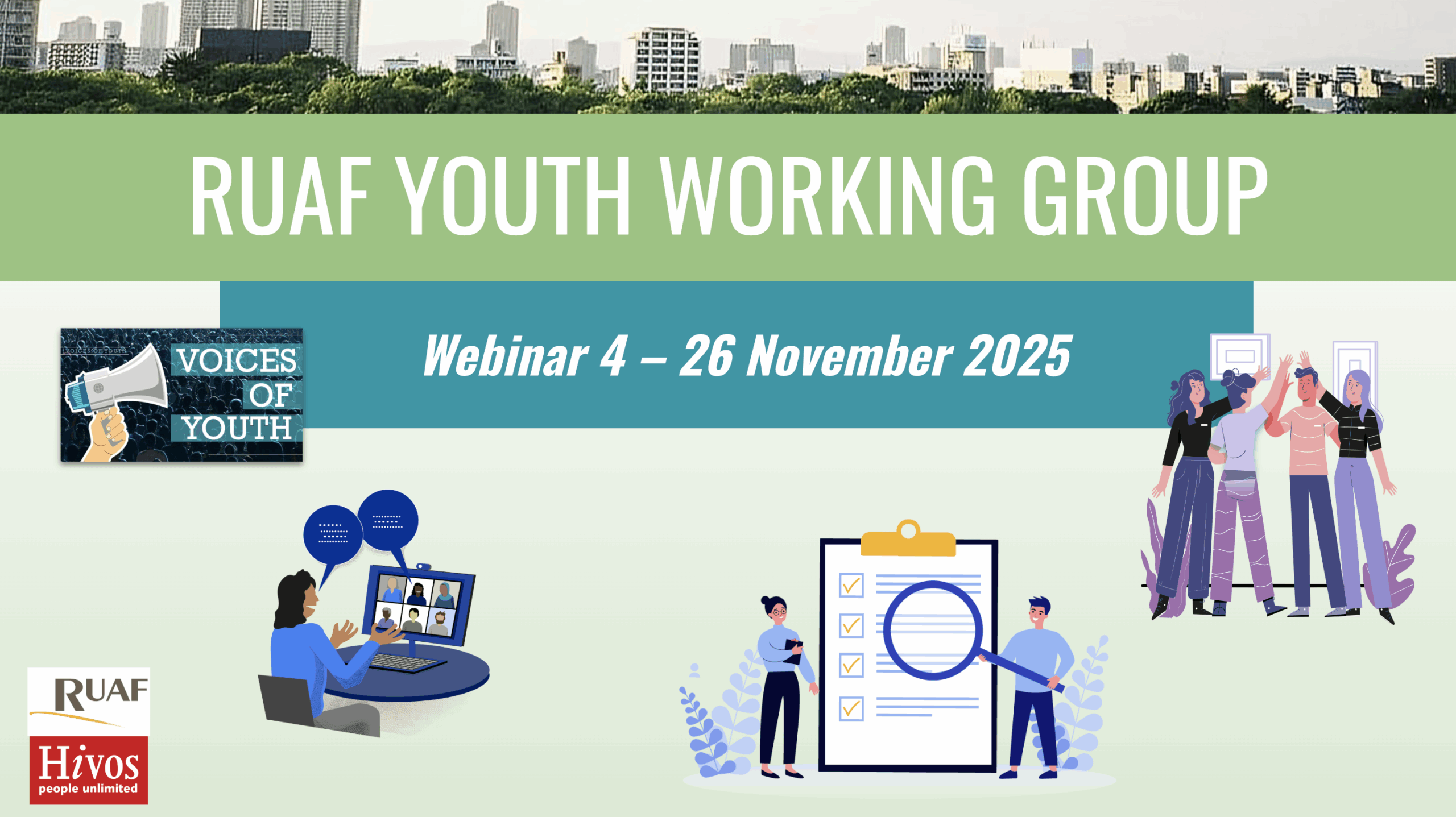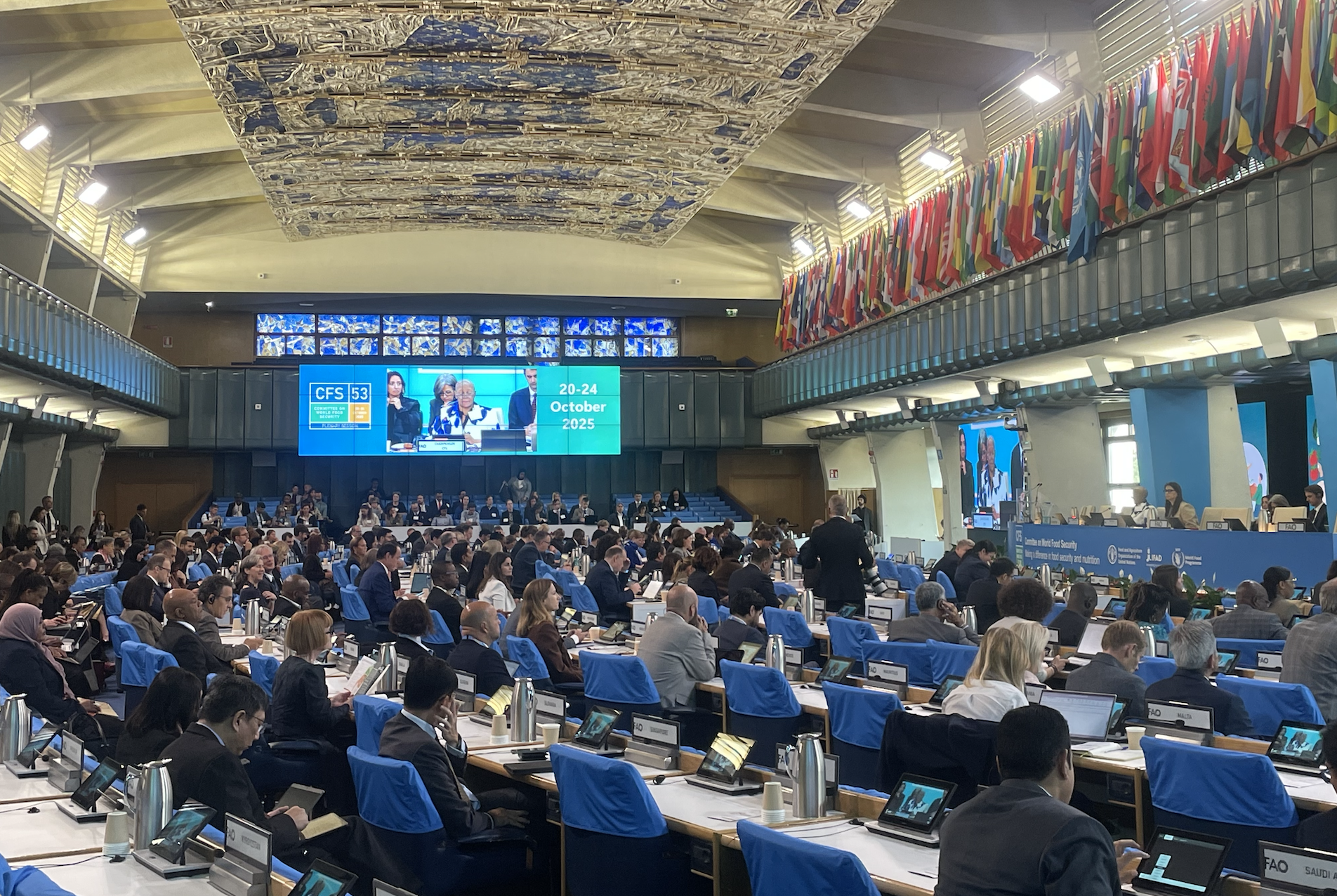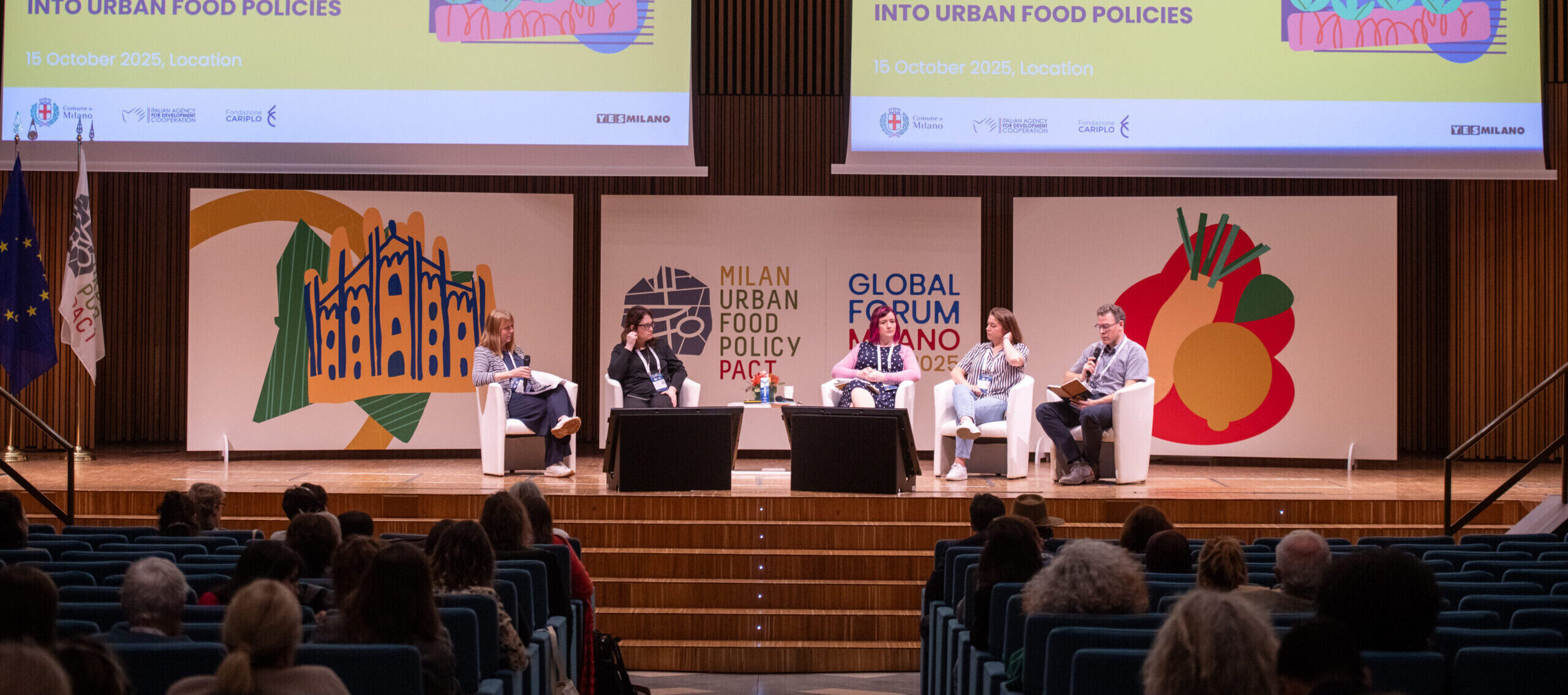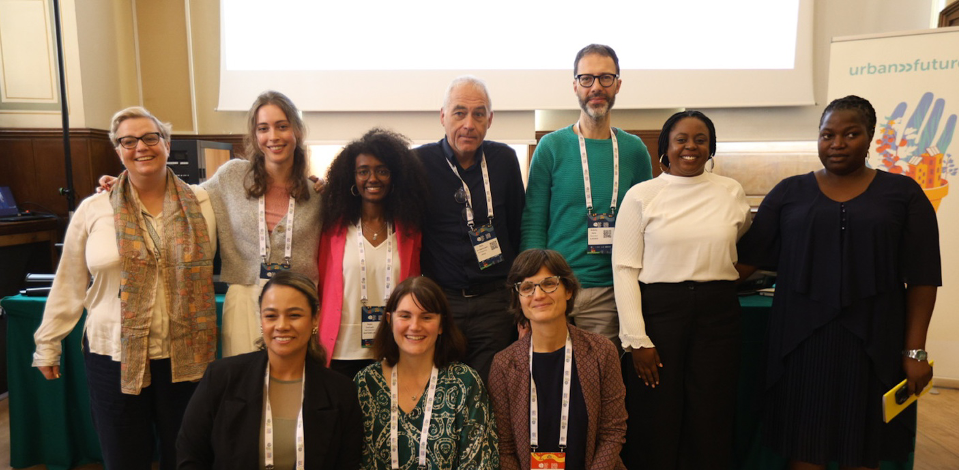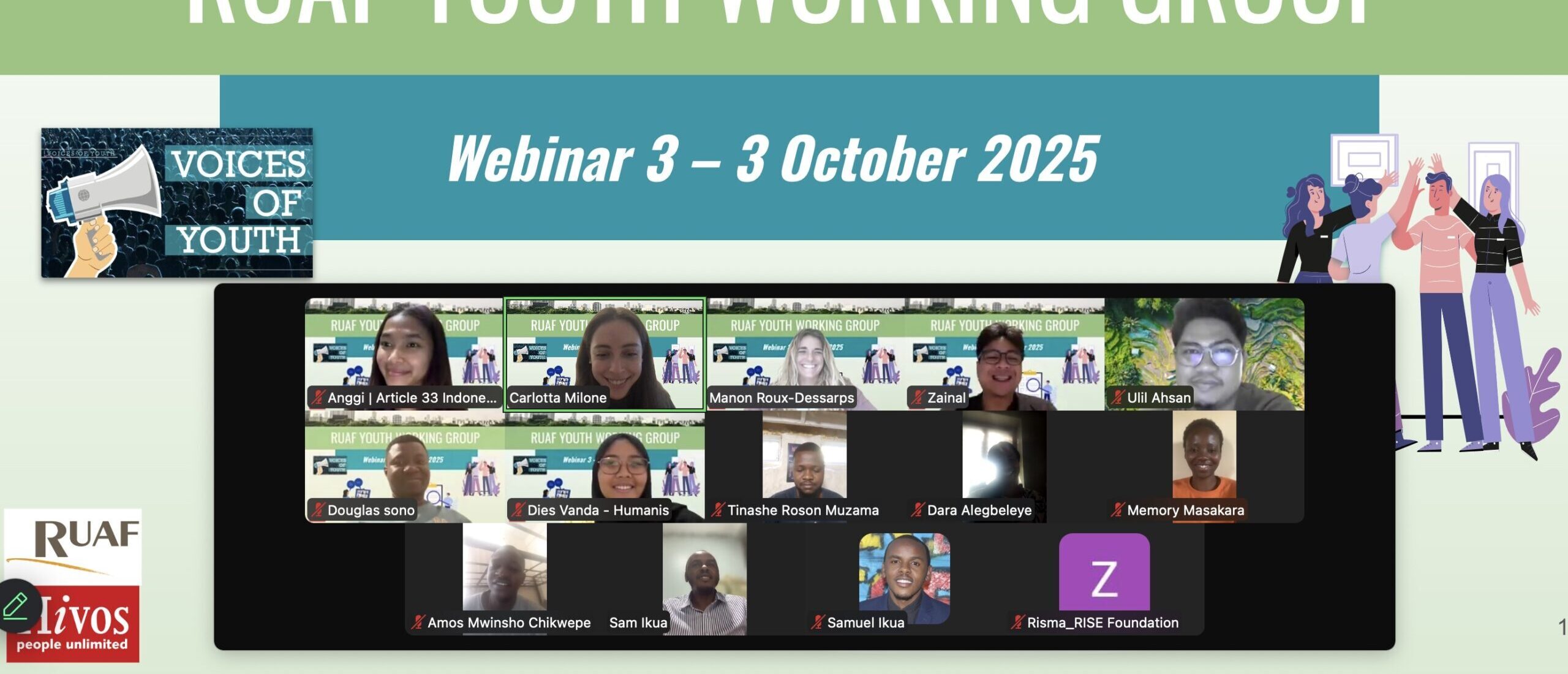Header photo: RUAF Exhibition Stand with FAO, CEMAS, and Hivos. ©FAO/Maria Magdalena Heinrich
Organised and convened by the United Nations Human Settlements Programme (UN-Habitat), the World Urban Forum is the international gathering for exchanging views and experiences on urban challenges in relation to the 2030 Agenda on Sustainable Development and the New Urban Agenda, adopted in 2018 in Quito. The topic of the 10th session of the World Urban Forum, held in Abu Dhabi from 8-13 February, was “Cities of Opportunities: Culture and Innovation”. This relates to many issues, from cultural diversity and human rights principles, to innovative approaches to sustainable urbanisation and how we can achieve inclusive, safe, resilient and sustainable cities.
Sessions at the Expo
RUAF partners, including Hivos and FAO, were present at the event. We held several sessions at our exhibition stand, where we had a regular stream of visitors. These sessions focused on FAO’s Urban Food Agenda, FAO and RUAF’s work on City Region Food Systems and Climate Change, as well as the experiences of RUAF, Hivos and ICLEI on urban governance. We also presented the book on Integrating Food into Urban Planning (FAO, with UCL and RUAF/Hivos) and the Menu of Actions, developed by RUAF and GAIN. Furthermore, the stand was the ideal place to meet representatives of various cities and countries, as well as with Slum Dwellers International, UN-Habitat, ICLEI, Practical Action, WASTE, and others.
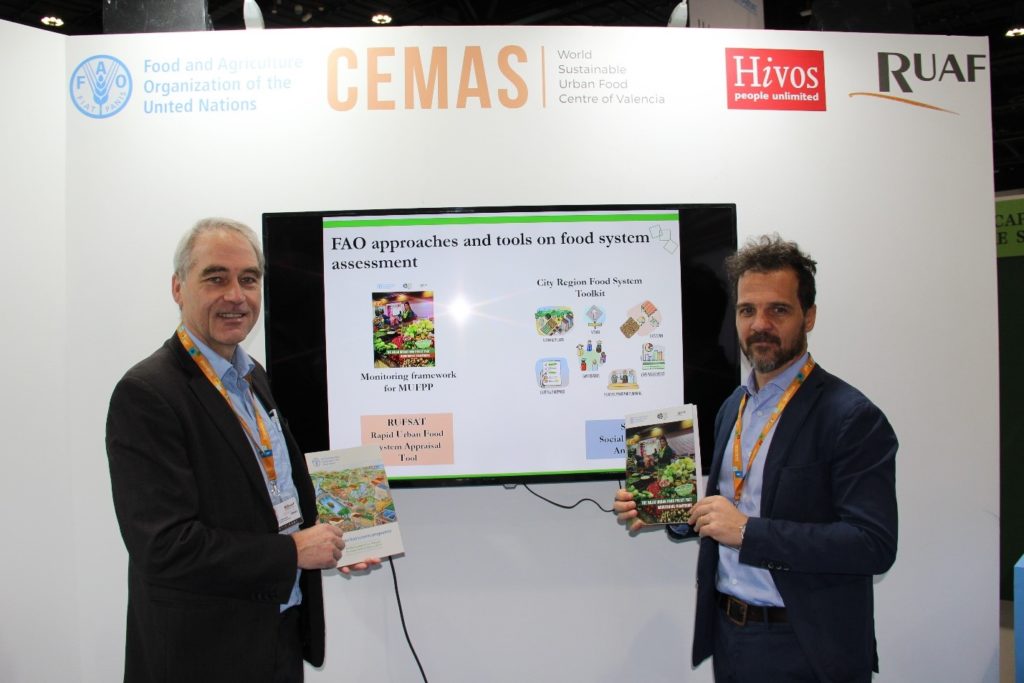
Food systems training event
Another highlight of the event was our training on “Integrating Food Systems into Urban Planning”, co-hosted by FAO, UCL and RUAF-Hivos. Aimed at introducing a conceptual framework to share innovative experiences in local food system planning, the training session highlighted experiences related to food system planning in urban and city region contexts. It gave visibility to ongoing initiatives, showcased new tools, and acted as a starting point for the development of a full-fledged food system urban planning training module.
Presenting examples from Quito, Tamale and Dhaka, the training emphasised systemic thinking and the importance of dialogue and partnership within local governance mechanisms, building the relationships among the various departments and sectors within the local administration, as well as among the various non-government stakeholders such as private sector, civil society, and consumers in the food agenda.
Thirty-five participants from over 20 different countries participated in the event, and evaluated the content as highly relevant. Participant working groups identified a number of important aspects and pitfalls, including the lack of clear concepts and frameworks in urban planning to deal with food and agriculture, silos in sectors and in dealing with SDGs, the lack of access to land and proper understanding of value and externalities regarding the current food system and alternatives. Most crucial, they found, was the lack of attention to urban food systems in the current curriculum of urban planners. While new policy frameworks are currently being developed, revisited, or rolled out in several countries, and although there is interest in giving attention to food and food systems, this is not supported. This is a clear role for us as the organisers of this event, and a clear need for the training module moving forward.
